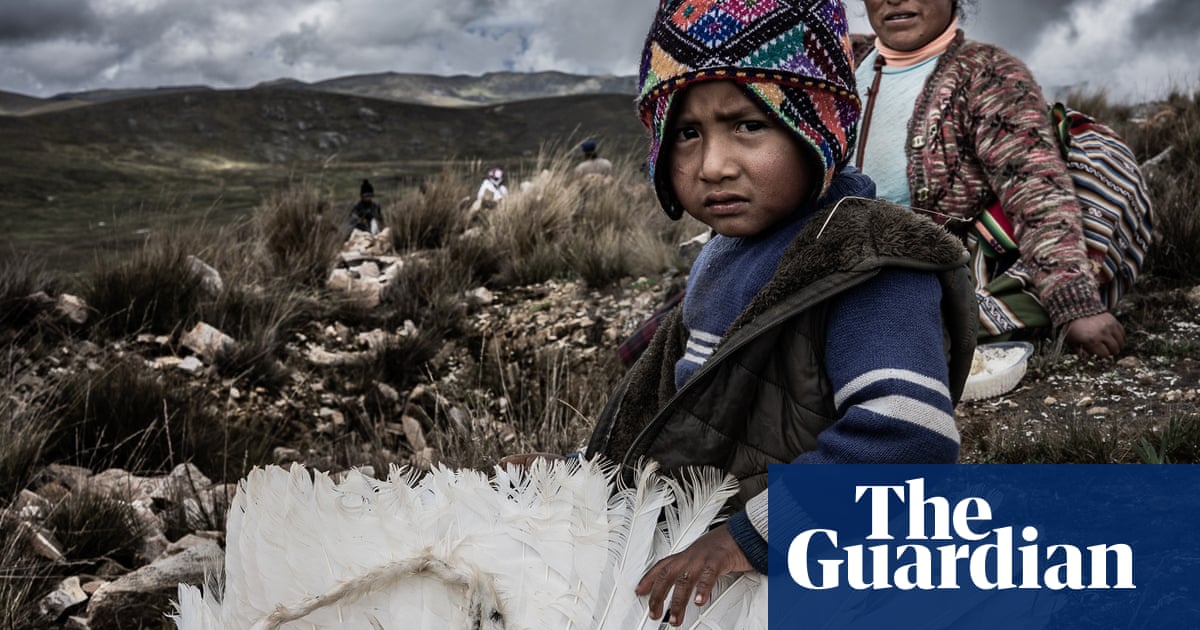
"Survival itself becomes an act of resistance, as the Quechua people confront challenges like parched pastures and melting glaciers that threaten their ancestral way of life."
"The gradual retreat of glaciers has reduced the summer water supply, affecting small potato fields and pastures, ultimately making life harder for livestock."
"Rural communities report poor implementation of climate mitigation programs despite the existence of national initiatives, signifying a gap between policy and practice."
"Internal migration has surged, with over 72,000 families leaving rural Andean areas between 2018 and 2024 due to drought and agricultural crises."
In Cusco, the Quechua people are facing significant climate challenges, including melting glaciers and drought, threatening their agricultural practices. This situation has led to a decrease in water supply and pasture productivity. Although there are national climate mitigation programs, their implementation at local levels is lacking, exacerbating the crisis. As a result, many Quechua families have been forced to migrate from rural areas due to these adversities. Their ongoing survival acts as a powerful resistance against the impacts of climate change on their ancestral lands.
Read at www.theguardian.com
Unable to calculate read time
Collection
[
|
...
]